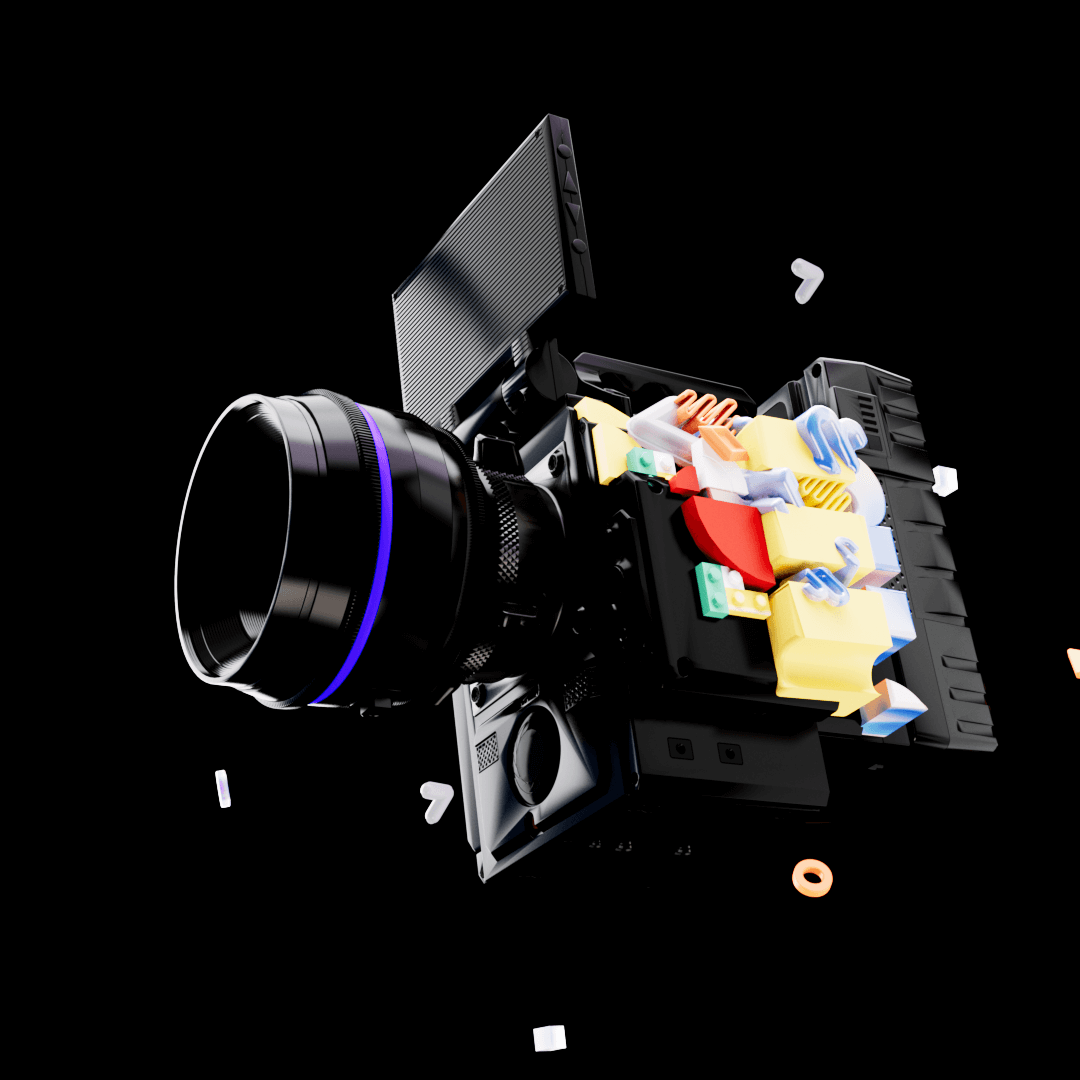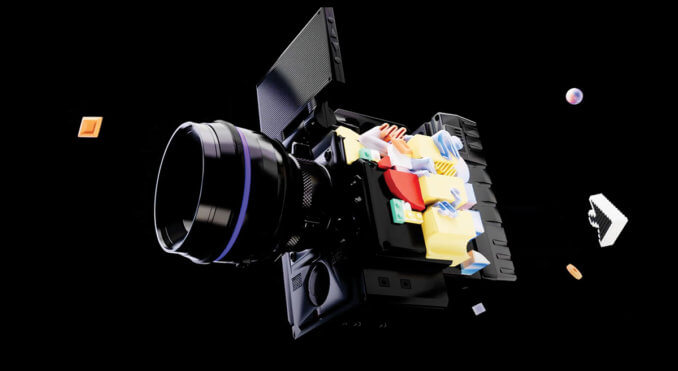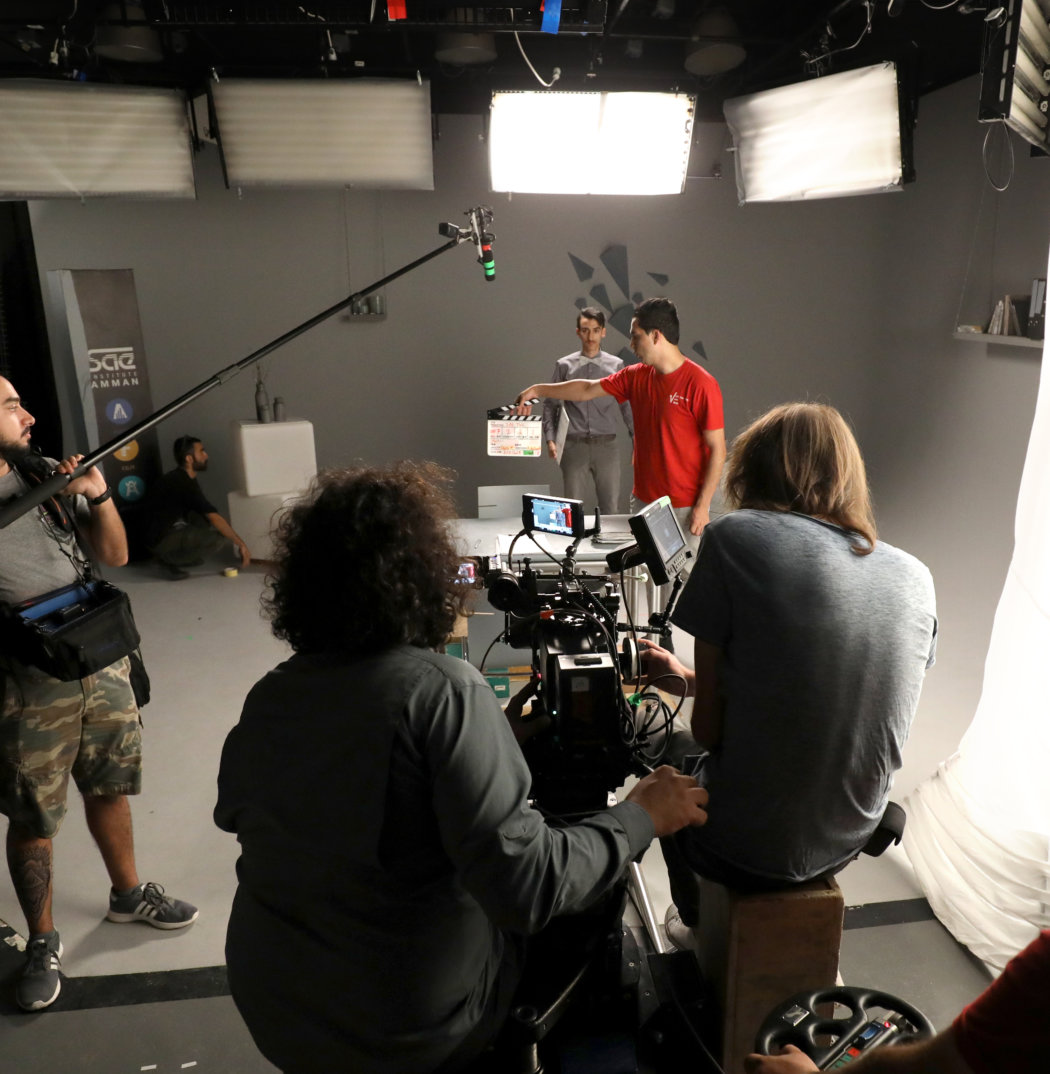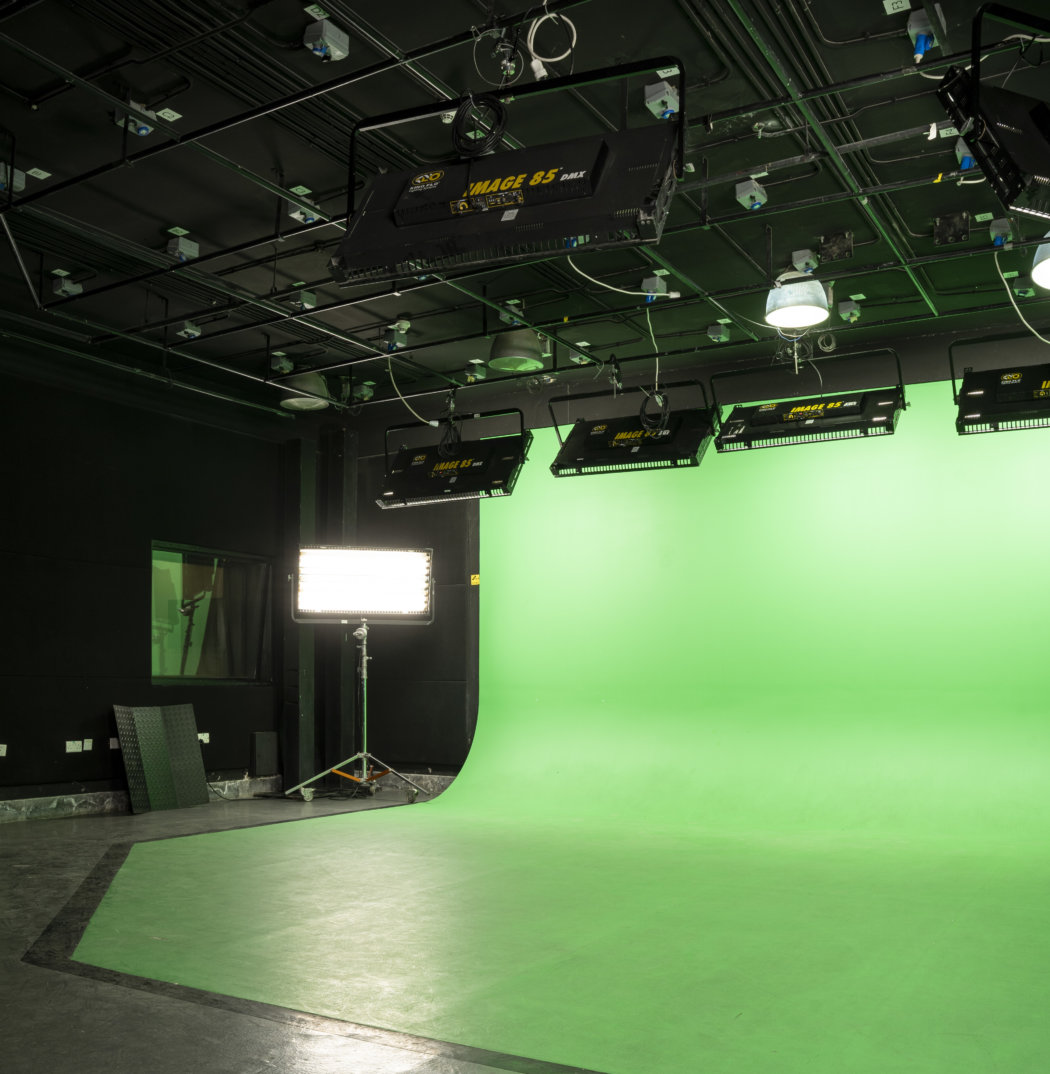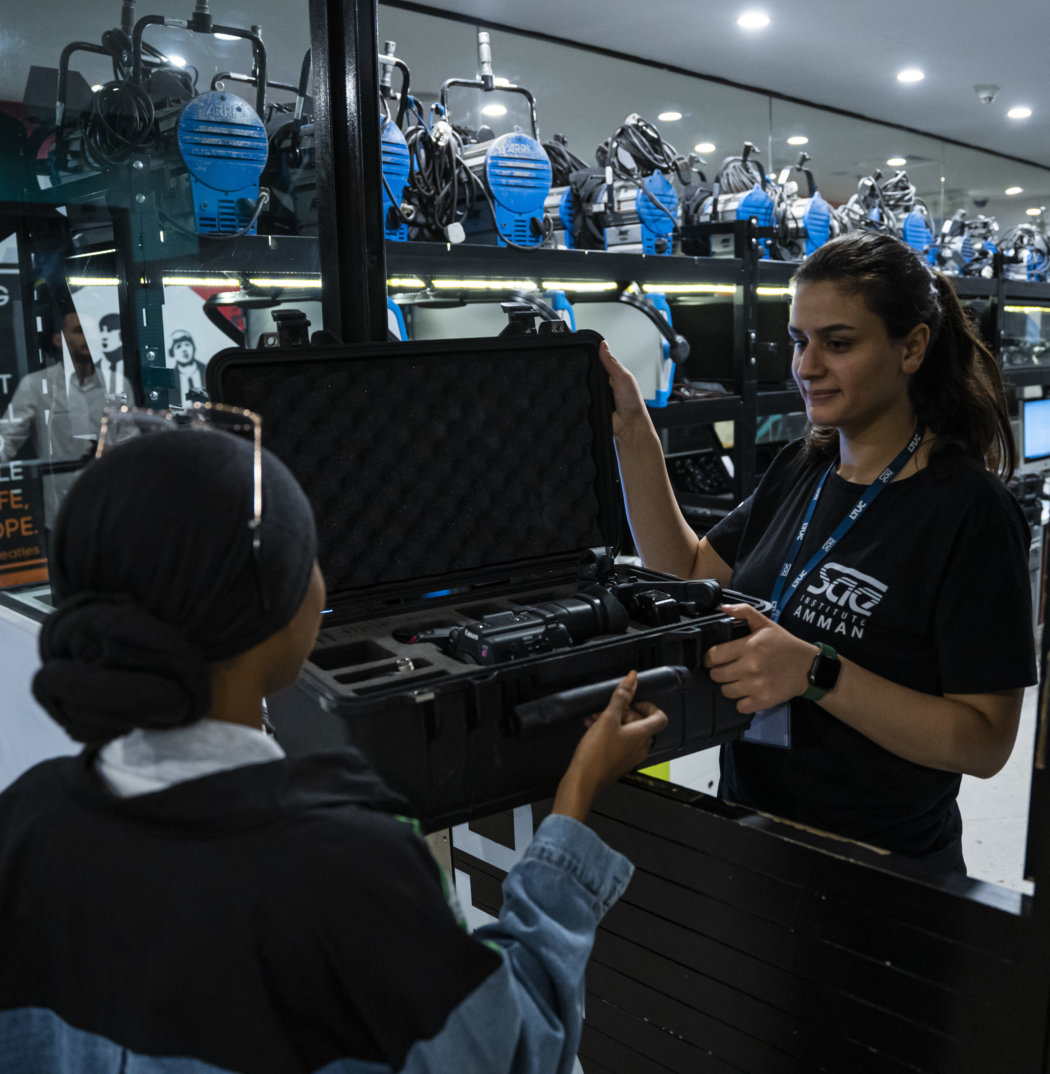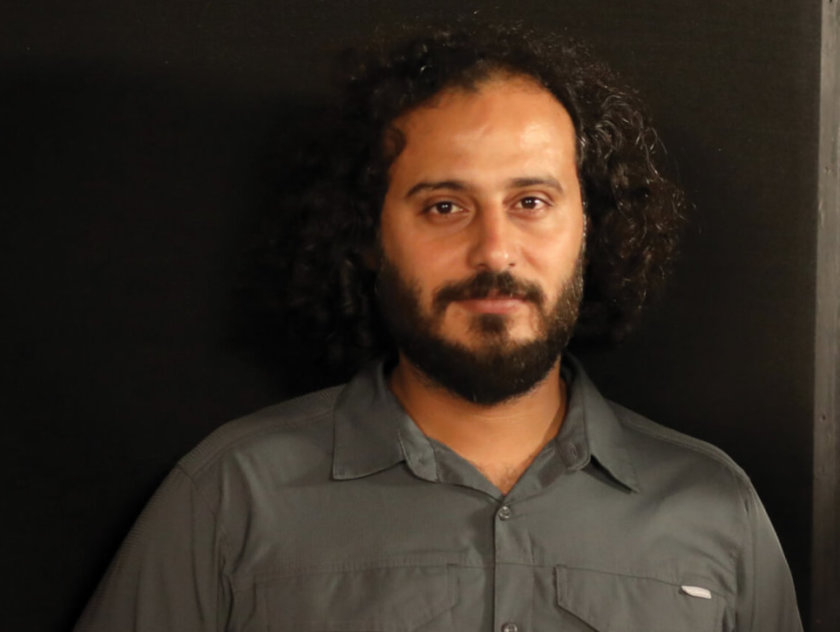Training Diploma in Film
LOOK THROUGH THE LENS TO SEE YOUR FUTURE IN FILM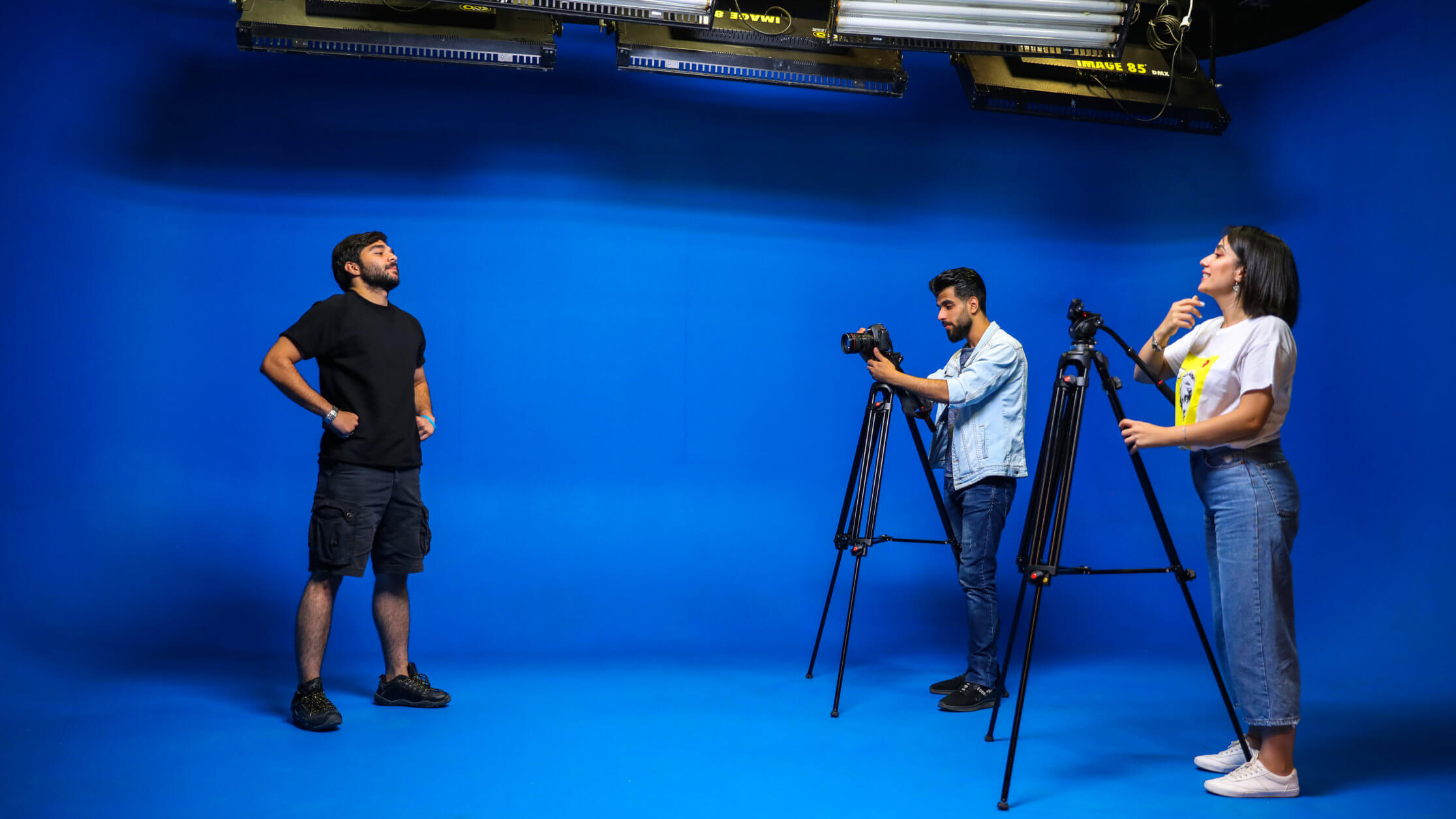
Complete your training degree in 2 years with a total of 6 trimesters.
Complete your training degree in 2 years with a total of 6 trimesters.
22 October 2023
3 March 2024
22 October 2023
3 March 2024
YOUR CAREER IN FILM BEGINS NOW
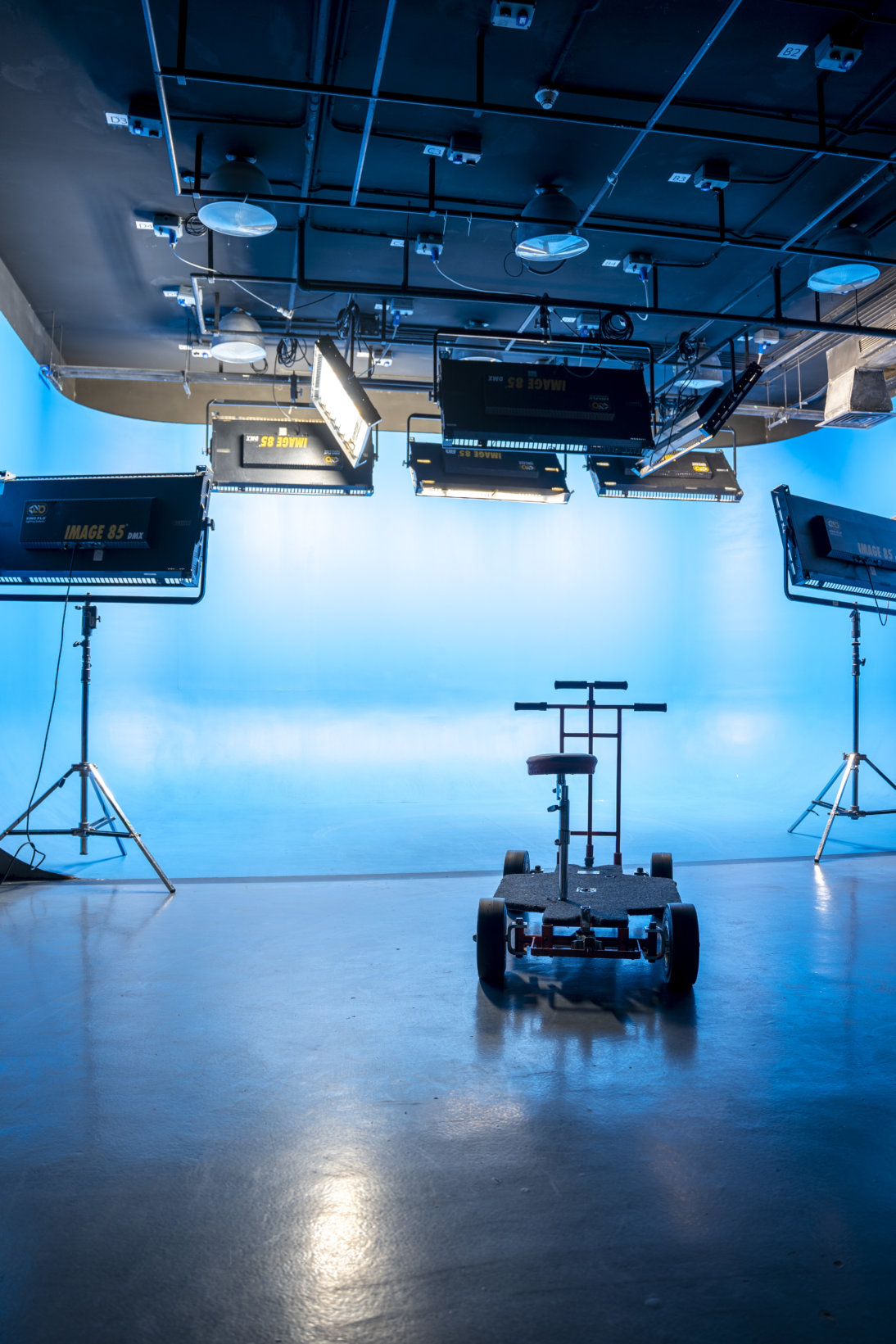
Film Skills
Course Structure
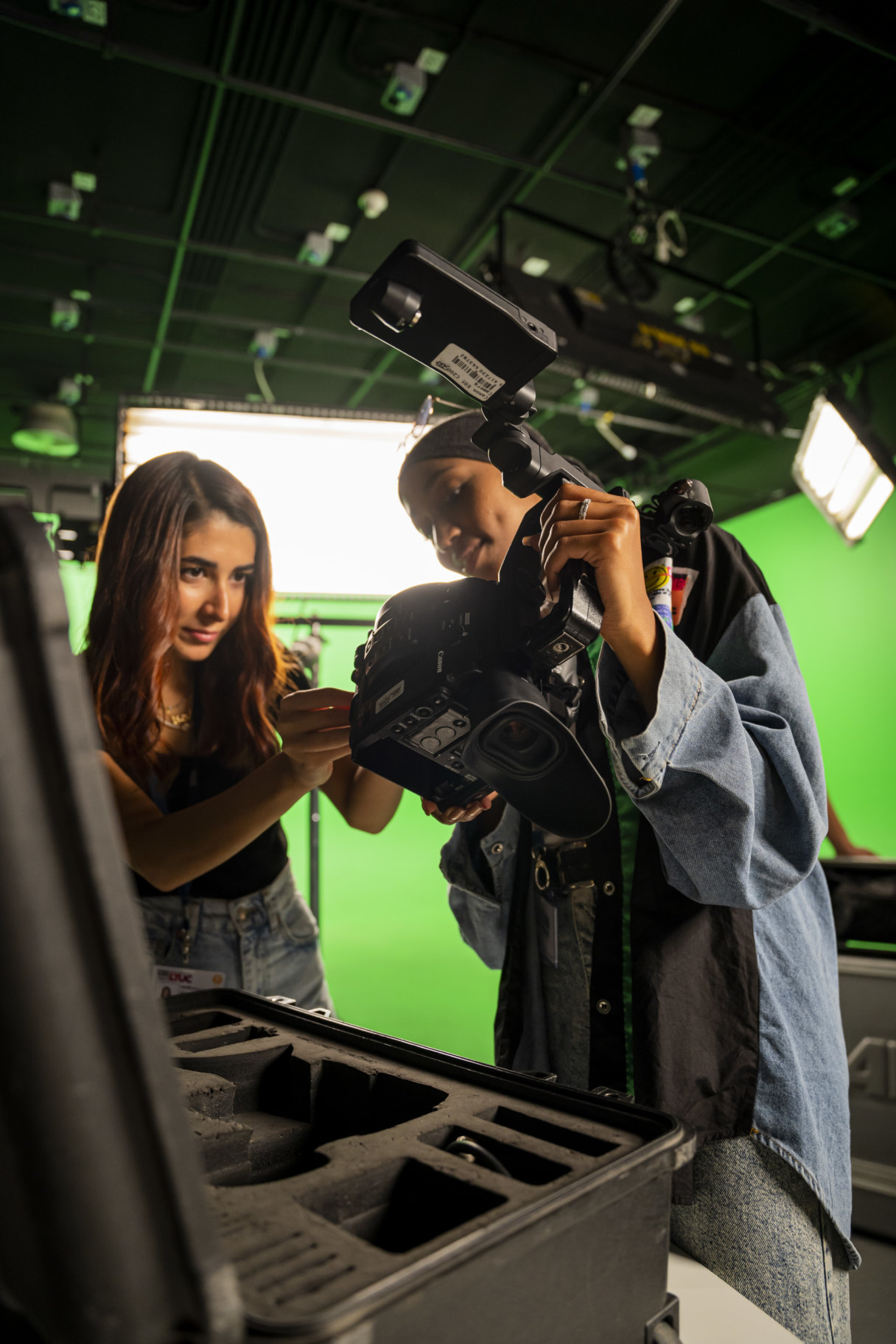
Career Outcomes
What jobs will this course lead to?
- Video Editor
- Producer
- Cinematographer
- Colourist
- Director
- Screenwriter
- Visual Effects Artist
- Camera Assistant
Student Spotlight
Course FAQs
All SAE courses focus on practical, hands-on delivery. The amount of practical time you experience during your study varies depending on your course. You will always have an opportunity to access campus resources and facilities outside of class times; during campus opening hours.
It can vary depending on the course. In most cases, lectures have an average of 15 students.
It’s a study requirement that students have their laptops (for after-school study). The laptop specifications and features can be sent to your email when requested.
Each campus has their own guidelines regarding equipment collection. Please contact your campus directly, or book through https://saebooking.com/.
